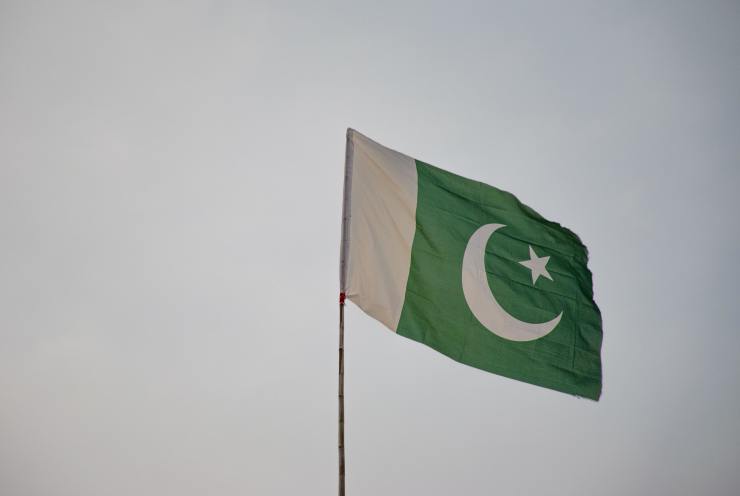
Religious scholars and leaders from various faiths in Pakistan have united in a call to integrate interfaith education into the national curriculum and implement community policing to counter and prevent instances of communal violence. This call to action was made during an ‘Interfaith Harmony Conference’ organised by the Ministry of Religious Affairs. The conference aimed to address attacks on religious sites, desecration of holy scriptures, and the safety of minority communities.
The conference’s timing is significant, occurring in the aftermath of a distressing incident of communal violence in Jaranwala, where a Muslim mob vandalised churches and homes belonging to Christians. The violence erupted over allegations that two Christian brothers had desecrated the Quran.
A unanimous declaration issued at the conference emphasised the need to incorporate interfaith education into educational curricula to foster a deeper understanding of diverse religious traditions and promote acceptance. The declaration also urged law enforcement agencies to enhance community policing efforts, swiftly addressing interfaith violence and hate crimes.
Additionally, the declaration supported peaceful conflict resolution mechanisms, including dialogue, mediation, and legal avenues, to address disputes and grievances among religious communities.
Caretaker Religious Affairs Minister Aneeq Ahmed, addressing the conference, expressed solidarity with the Christian community following the Jaranwala tragedy. While no fatalities occurred in the incident, he acknowledged that the violence should have been prevented.
In response to the incident, the provincial government of Punjab province approved compensation of two million rupees ($6,751.05) for each affected family. The Pakistan Ulema Council (PUC) and the Church of Pakistan also announced the formation of a 24-member committee to promote interfaith harmony. This committee includes leaders from both Muslim and Christian faiths.
The attacks in Jaranwala targeted multiple sites, including the historic Salvation Army Church and Saint Paul Catholic Church, along with several smaller churches and numerous houses. A Christian graveyard was also desecrated. The violence persisted for over 10 hours, with a mob armed with various weapons rampaging through the area without police intervention.
While blasphemy is punishable by death in Pakistan, the country has never executed anyone for this offence. However, instances of individuals accused of blasphemy being lynched by enraged mobs have occurred in the past. Prominent figures advocating for blasphemy law reform, such as a former provincial governor and a minister for minorities, have also been assassinated.




























![[Video] More – Aghogho » GospelHotspot](https://gospelhotspot.net/wp-content/uploads/2024/04/More-Aghogho.jpeg)
















